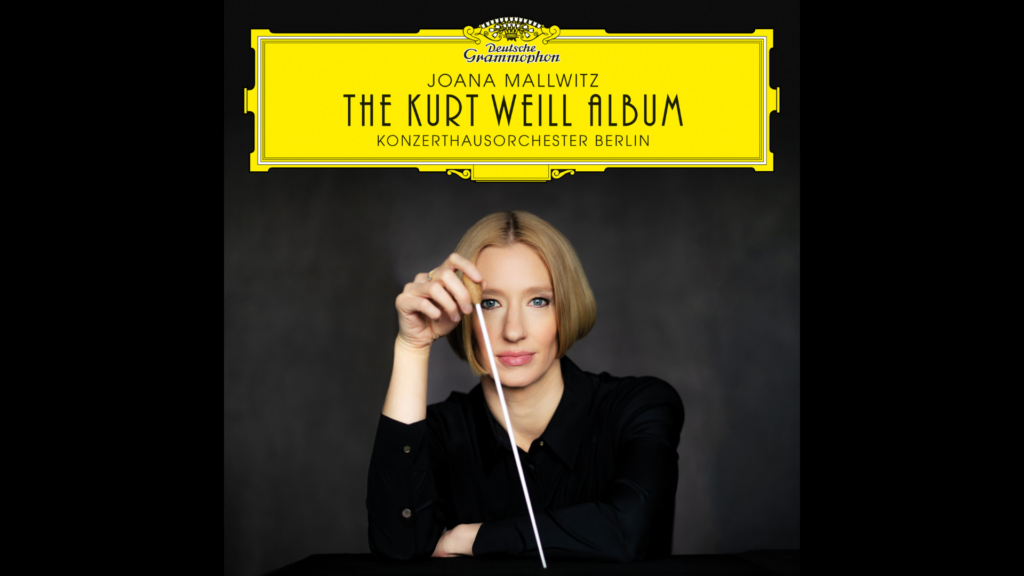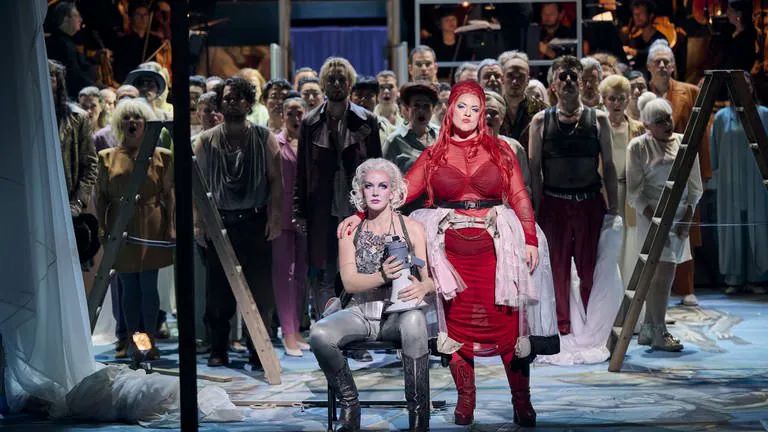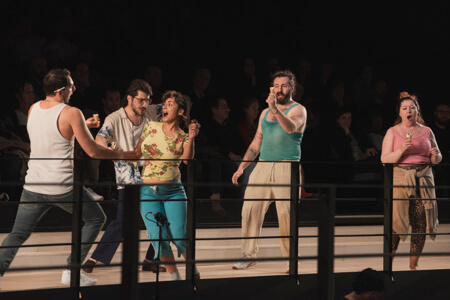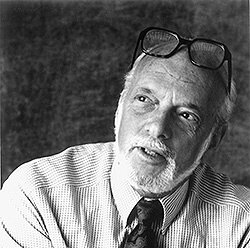
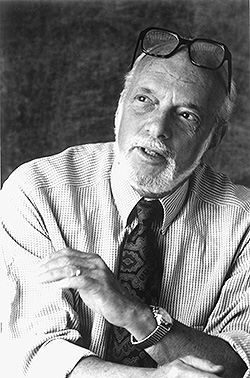
As the theater world mourns and remembers one of its giants (see links below), the staff and trustees of the Kurt Weill Foundation can look back on Prince’s encounters with Weill and Lenya as well as his long tenure on the Board with fondness, admiration, and profound respect.
In his youth, Prince saw several of Weill’s shows on Broadway, including Lady in the Dark and Love Life, both early examples of the “concept musical”; he frequently acknowledged the lessons learned from Weill’s musical theater. Like everyone in New York, he was influenced by the epoch-making off-Broadway production of The Threepenny Opera, which cemented the impact of epic theater on his own esthetics and practice. It all came together with Cabaret–set in Weimar Berlin and drawing on the narrative structure and musical layout of Love Life–a Broadway musical that pushed his own career, not to mention the American musical theater, in an entirely new direction. Fittingly, Cabaret also marked the beginning of Prince’s professional association with Lenya. Along with bookwriter Joe Masteroff and songwriters John Kander and Fred Ebb, Prince envisioned Lenya in the role of Fräulein Schneider, but no one knew if she would be interested. When she heard songs from the show, she agreed immediately, without discussing terms or observing the usual formalities: “Mr. Prince, I don’t want to sign this contract because if I like the show, then I stay for ever. If I want to get out of the contract, I can get out of it, you know that. So, just believe me–I love it and I will do it.” She stayed in the cast with few breaks for nearly the entire run. Although Prince had met her while she was appearing in Barefoot in Athens (1951), Cabaret marked the true beginning of their friendship. Prince recalled, “I was told that she was one difficult lady, and to beware. In my experience, every time I am told someone is difficult, they turn out to be among the best people I’ve ever worked with. She was the antithesis of difficult.”
They renewed their relationship in the late seventies, when Lenya decided to reorganize and revitalize the Foundation. She asked Prince, Julius Rudel, and several others to serve on the Board of Trustees. As if to seal the deal, Prince directed and Rudel conducted an English adaptation of Weill’s last musical theater work in Germany, Der Silbersee. Silverlake was produced by New York City Opera; the cast recording released by Nonesuch. The show received mixed reviews but was a significant part of Lenya’s efforts to draw increased attention to Weill’s German works and served as a notable part of the “Weill Renaissance” of the late seventies and early eighties. Prince remained a valued member of the Board until 2006, whereupon he was promptly elected Trustee Emeritus.
By that time, he was already deep in preparations for his last original book musical, LoveMusik, based on the letters of Weill and Lenya and featuring 25 Weill songs. The show had been a dream of Prince’s for years. As director, he recruited and worked closely with Alfred Uhry (book) and Foundation President Kim H. Kowalke as historical and musical consultant. Prince shepherded the show to its Broadway opening in May 2007 (Manhattan Theatre Club), where it ran 60 performances with star turns from Michael Cerveris and Donna Murphy in the lead roles. Prince said of Weill and Lenya, “They were brilliant, funny, and irreverent, and most of all, honest with everyone. Their journey from Europe in the ’20s to Broadway in the mid-’30s seems made for a musical. The entire project was jump-started when I read their published letters, often hilarious, always discerning.”
During Prince’s tenure on the Board, the Foundation inaugurated the Lotte Lenya Competition. He was able to serve as a judge only once, in 2005, but it led to memorable encounter. One of the finalists, Erik Liberman, performed “Try Me” from She Loves Me, Prince’s maiden voyage as a Broadway director. In a coaching session after the daytime round, Prince asked Liberman to perform the song as if he were lit only by a pin-spot, so that any extraneous gesture or movement would be wasted effort. Eight bars in, Prince gave his stamp of approval. Not only did Liberman win Second Prize that night, but Prince signed him for the cast of LoveMusik two years later. (Read the full story in Michael Lasser’s account of the Competition in the Spring 2009 Kurt Weill Newsletter.)
It goes without saying that we will miss Mr. Prince, as will the entire theater world. The Foundation is honored to acknowledge his efforts on its behalf, and the ways he sharpened and deepened the American theater’s understanding and appreciation of Weill and Lenya.
Obituaries and Tributes
Vulture.com (Frank Rich)
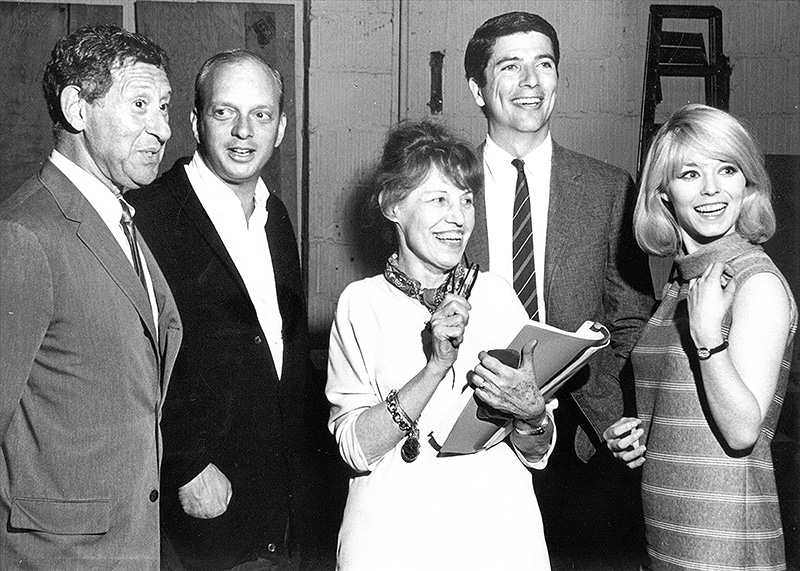
From left: Jack Gilford (Herr Schultz), Hal Prince (director), Lotte Lenya (Fräulein Schneider), Bert Convy (Cliff Bradshaw), and Jill Haworth (Sally Bowles) during rehearsals for Cabaret
